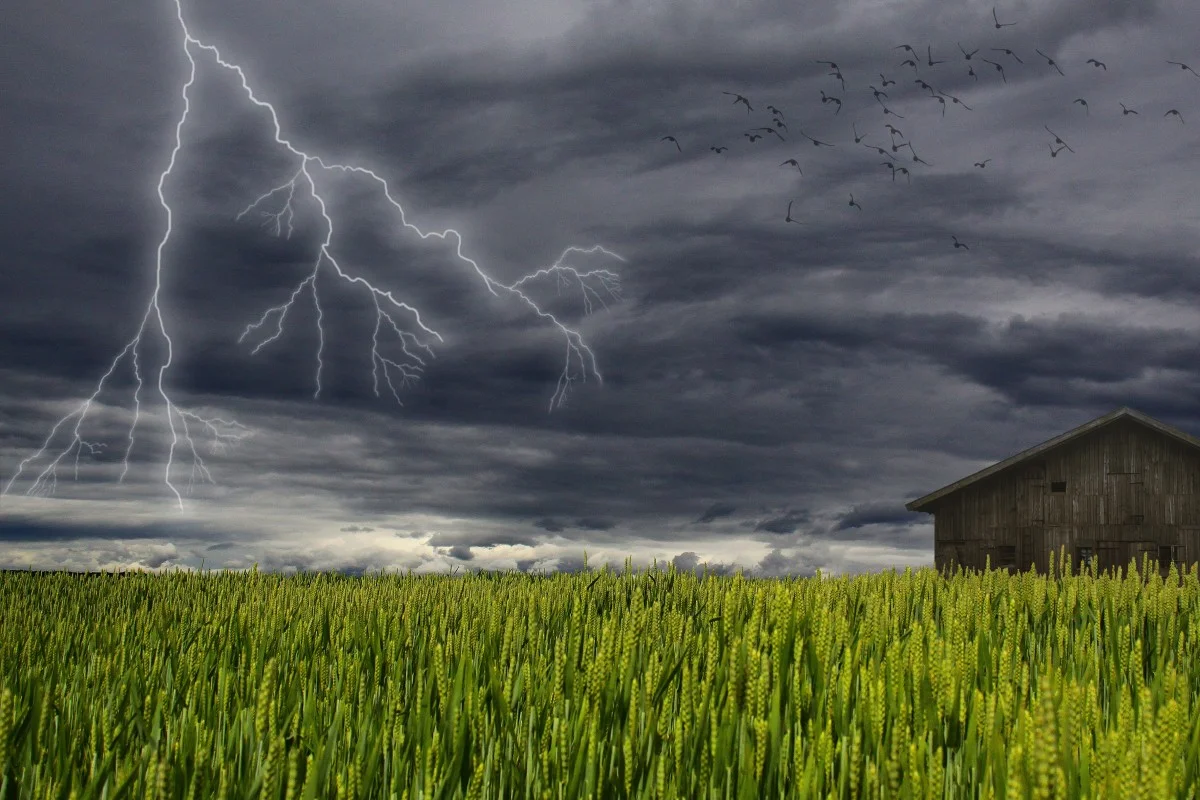"Hay fever" is used to describe symptoms such as runny nose, nasal congestion & itchy eyes. It is often caused by an allergy to grass pollens released into the air in spring and summer.
However some people get these symptoms when the cold weather begins at the start of winter. It is often mistaken for a virus or the "common cold"
"Hayfever" symptoms in winter, (or those that occur all year round) may be due to allergy. But this is not a grass pollen allergy. The most common culprit is house dust mite. These mites are present anywhere people live - even in the cleanest households!
House dust mites are present all year round, however people may have more symptoms as winter begins as we tend to close up our houses in cold weather - nicely containing the dust mites in the air inside!
As winter arrives we change to our winter doonas and heavier woollen bedding, bedding that is often laden with mites. We turn on our heaters & vents and this can stir up dust, neatly delivering dust mites into the air and into your nose!
There are many strategies to help minimise exposure to house dust mite allergens, but often additional treatments are required to relieve symptoms.
Immunotherapy is one of the best allergy treatments for house dust mite allergy. For some patients it offers complete symptom relief and in others it can dramatically improve symptoms and reduce medication requirements significantly.
See below for more information:
Immunotherapy & desensitisation (allergy shots and tablets)


